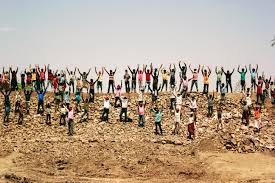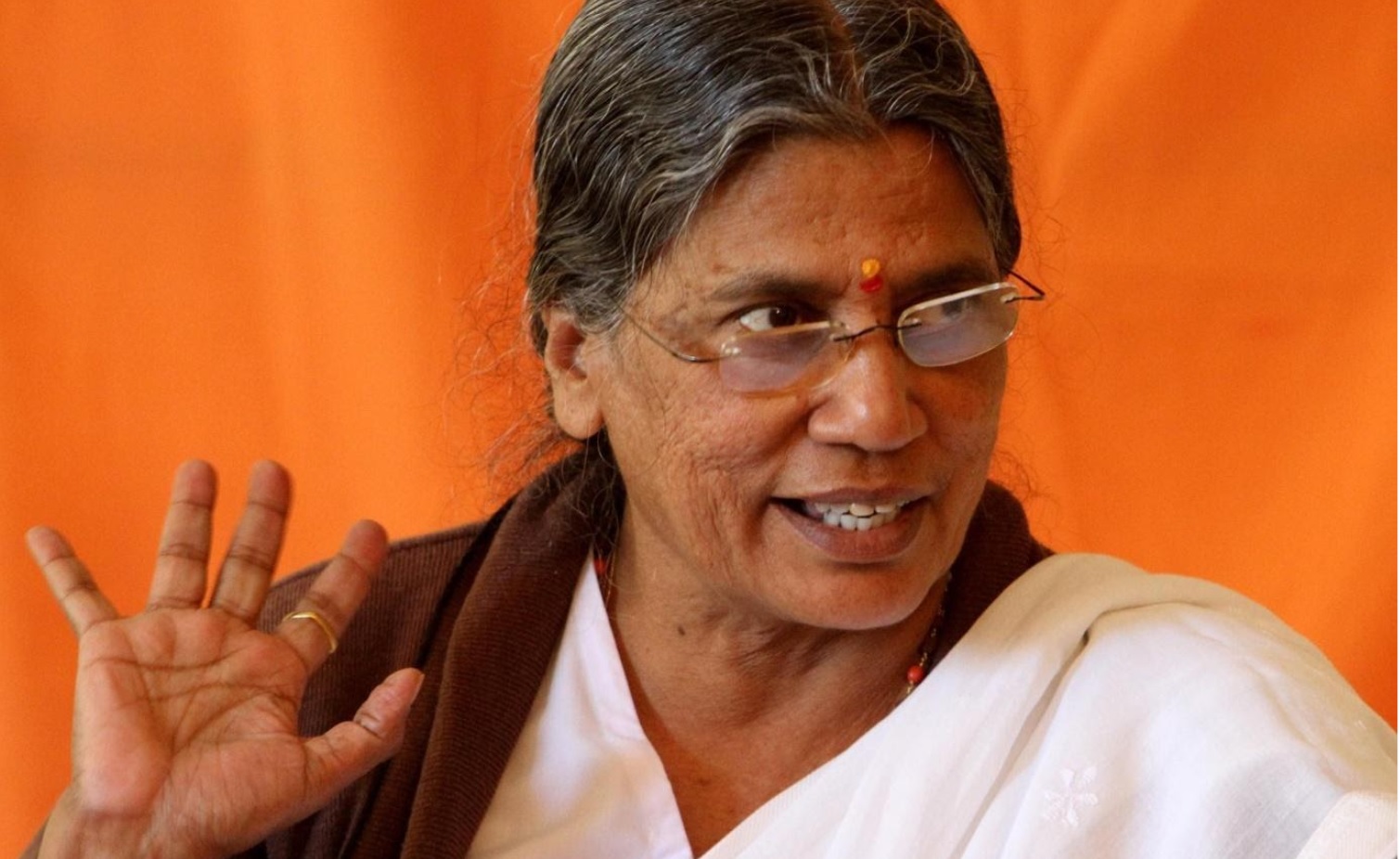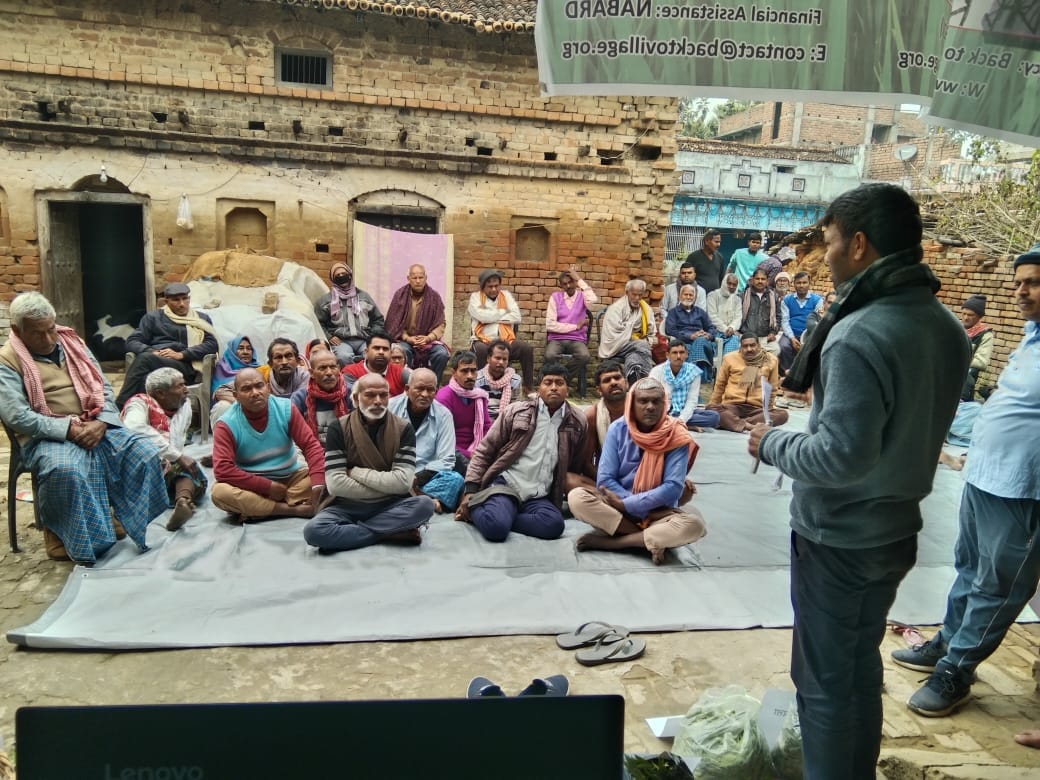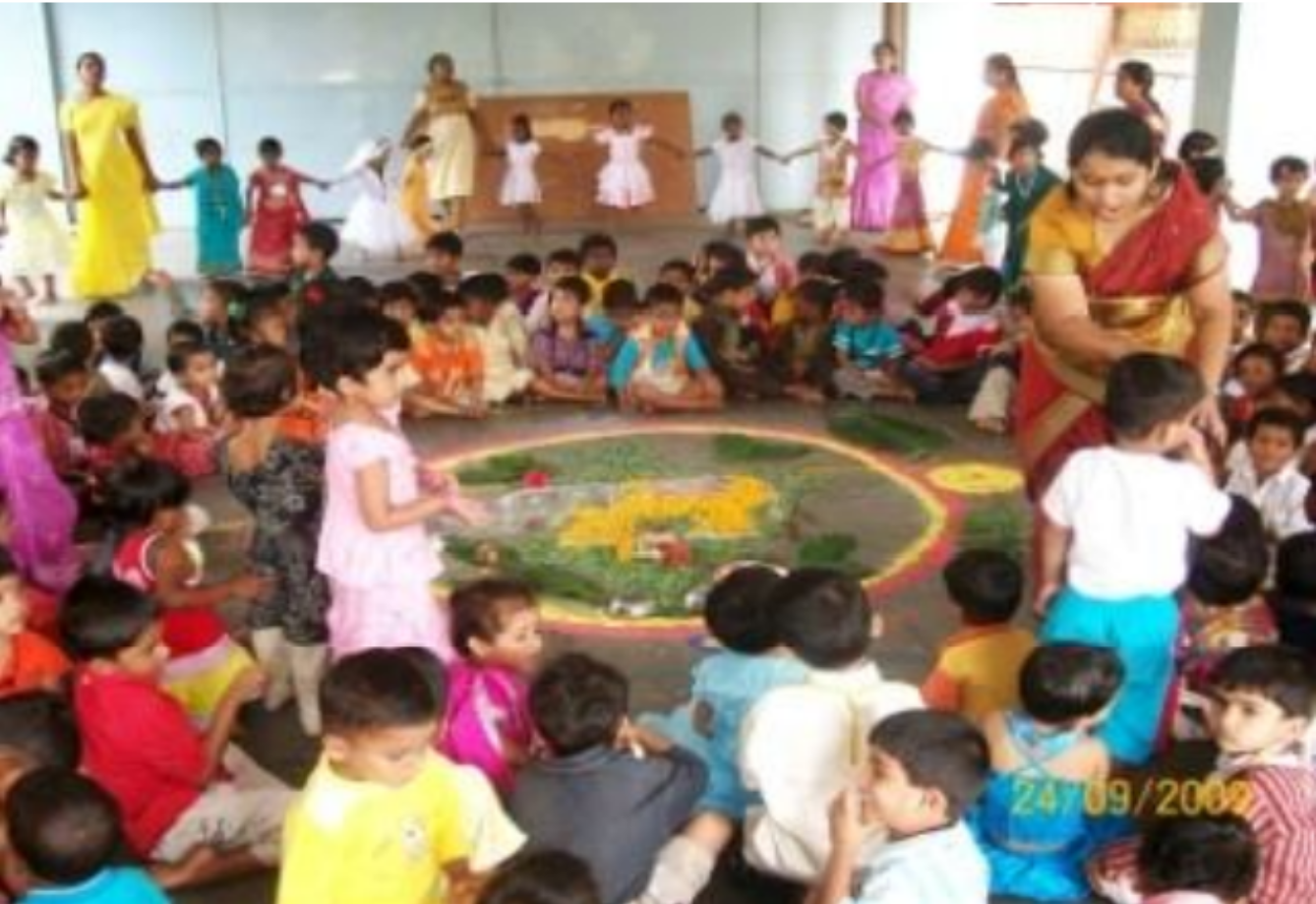Widespread famine, long, barren and infertile fields, extreme poverty and malnourished children.These are the characteristics attributed to rural India. Rural India has had a negative image attached to it since the British left India in 1947, or perhaps much earlier when India was under British colonial rule. One of the areas that suffered greatly because of the British raj was the Jhabua-Alirajpur area in Madhya Pradesh. However, even after Independence, the colonial laws in India continued leading to many rampant poverty and other related issues. Today Alirajpur district is one of the poorest districts in India. One of the organizations trying to change this is Shivganga Samagra Gramvikas Parishad.
Shivganga Samagra Gramvikas Parishad, better known as SSGP or just ‘Shivaganga’, was initially founded in 1988 by two social workers Dr. Harsh Chouhan and Mahesh Sharma. They have initiated many projects in order to educate the youth and empower the villagers. Their main philosophy is to motivate the villagers to stimulate change in their own lives. The organization has made immense strides towards empowering people of the rural parts of this district where poverty is concentrated. We were fortunate to talk to its founder Dr. Harsh Chauhan and understand the work of the organization.
How it all started
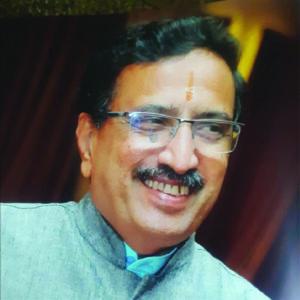 Dr. Harsh Chauhan was born in the Dhar district of Madhya Pradesh, a two-hour long drive away from Jhabua district. He spent a considerable amount of time amongst tribal districts of central India. After completing a degree in mechanical engineering, Dr. Chauhan commenced a business of his own. He told us that as a child, he was part of the Rashtriya Swayamsevak Sangh (RSS( and grew up volunteering in many different service projects in Indore. As he grew up, he started to volunteer more and more. This allowed him to not only gain experience for the future, but also identify a key issue that would prompt him to become a change-maker.
Dr. Harsh Chauhan was born in the Dhar district of Madhya Pradesh, a two-hour long drive away from Jhabua district. He spent a considerable amount of time amongst tribal districts of central India. After completing a degree in mechanical engineering, Dr. Chauhan commenced a business of his own. He told us that as a child, he was part of the Rashtriya Swayamsevak Sangh (RSS( and grew up volunteering in many different service projects in Indore. As he grew up, he started to volunteer more and more. This allowed him to not only gain experience for the future, but also identify a key issue that would prompt him to become a change-maker.
He realized that although RSS had many service projects across India, they did not specifically address issues that plagued rural India. He told us that the evangelist Christian missionaries took advantage of the poor conditions of the villagers and launched campaigns to convert them, uprooting the villagers from their culture and destroying communities. The other problem he told us was the constant negative stereotypical portrayal of tribal people in the mainstream media.
With this realization, Dr. Chauhan started an organization with the aim of advancing
the tribal community through education, technology, tradition and by building self-reliance.
Shivaganga’s work
Dr. Chauhan told us that the main reason the region has experienced widespread famine and poverty is the insufficient industrialization, lack of the absence of infrastructure to support the predominantly agricultural economy of the area combined with Governmental neglect and mishandling. Due to these circumstances, there has been mass migration out of the area resulting in brain-drain and also loss of culture of the area.
In order to tackle such a widespread issue with only a limited amount of funding, Shivganga decided to target the Alirajpur district due to its importance in the tribal belt of Central India. Thanks to personal donations from Dr.Chauhan’s friends, Shivganga was able to conduct many projects which increased the opportunities of the villagers. Over the years the many new projects took shape to address water conservation, land conservation, organic farming techniques and economic aspects of marketing and selling their goods.
At the forefront of Shivaganga’s projects is the youth empowerment initiative. A majority of the youth in the area did not receive formal education and were not properly utilized as a workforce. Thus, through orientation programs and youth empowerment seminars, they were able to mobilize the youth into starting their own projects and initiatives that would benefit the villages.
Another issue that arose was the abhorrent quality of water accessible to rural areas. Volunteers came together with the villagers and started projects to address this issue. The organization did not do it all by itself but helped the villagers do it through providing resources, material assets, monetary support and academic guidance.
Over time many initiatives including constructing water bodies, organic farming training programs, and marketing of bamboo products made by villagers took shape.
One characteristic of Shivganga that makes it unique, Dr. Chauhan told us, is that the organization does not follow a strict blueprint of how the villages should be, but rather gets the villagers to become aware of the problems and help them come up with solutions. He further told us that Shivganga is more of a movement than an organization because they are not the ones instigating change, rather they employ many programs in order to mobilize the villagers to create change.
Dr. Chauhan emphasizes that Shivganga is more of a movement than an organization. He told us that its working is informal. One of the main reasons for this lack of a rigid structure, he told us, is to promote creativity. Additionally, SSGP’s focus is not on creating the so-called “model villages”. The problem with “model villages”, he told us, is that there is an attempt to solve unique problems of a village through force-fitting ‘one-size fits all’ solutions. Not only could this do more harm than good, it would also restrict the creativity of the villagers, he told us.
Instead, SSGP began by training and awareness initiatives, and then slowly taking steps to collectively identify the prevailing problems in the village in order to identify proper solutions. This was also done, as mentioned previously, by including members of the community alongside volunteers. People found a place within the movement and organically, the SSGP expanded.
Why most charities fail
Dr. Chauhan told us that there are many charities working with an intention to serve the needy. There are also enough donors who donate money or material help that these charities distribute to the needy. However, Dr. Chauhan told us, these charities fall short of connecting with these people and working for their sustainable development. There is also a sense of superiority that they are serving these people. The beneficiaries also loose their self-worth and become dependent rather than building themselves to become self-reliant. An example he provided was that of a young student from a tribal hostel who got into engineering college. Families from the community paid for his tuition and livelihood and he graduated. An occasion of pride for many. However, the student had become so expectant of financial aid that he didn’t get a job. He kept asking for money.
On that note, he also told us that often the government also falls in the same trap. However, Dr. Chauhan doesn’t think that the governments have no role in social welfare. He points out that the governments often approach social welfare from a charity mindset rather than from a perspective of sustainable development. Their efforts are in vain because none of those efforts are spent in empowering the villagers themselves. Whoever gains from such government doles starts depending on it.
Unlike most organizations in the area, Dr. Chauhan told us, Shivganga prioritizes an emotional connection with the volunteers and the villagers. The fundamental idea of Shivaganga, Dr. Chauhan told us the idea of ‘Social Capital’, where a society functions and evolves effectively through a strong network of relationships in the community and a shared understanding of values.
Preserving rich culture and traditions of villagers
Dr. Chauhan told us that SSGP initially did not engage much at the cultural level. The villagers hence were suspicious that the volunteers would try to change their way of living. The organization hosted Ganesh Utsav ceremonies as well as celebrated different cultural practices
and after that, there was no trouble in connecting. the volunteers helped get thousands of murtis of Hanuman, a deity greatly revered by the people here, to these villagers. These initiatives helped thousands of villagers with realizing their rich Hindu Culture and reclaim what they lost over the years. Furthermore, they were able to foster a relationship with the villagers which made them felt understood and thus allowed them to work together more efficiently. It also helped prevent predatory proselytization of the tribals by evangelist Christian missionaries, and helped the villagers connect back with their traditions, and their deities that they have revered since time immemorial.
Dr. Harsh Chauhan explained that one of his priorities was to change the perception that rural India was hopeless – that the villagers lacked culture or that they cannot help themselves or prosper. Shivganga strives to connect the villagers back to their rich traditions and rituals that the villages once had. It is a source of tremendous strength to these people to live, to grow and to prosper, he told us.
He told us that generally rural immersion programs conducted by charities for volunteers from cities and outside show villages as problematic, as a prison of poverty. However, the rural immersion programs conducted by SSGP did the opposite. They showcased the strengths in
the villagers, their life, their traditions which not only brought hope but also fostered respect and equality with the tribal villagers. They showcased their rich culture and corrected misconceptions about them. Dr. Chauhan believes that harmony and unity are inherent in the tribal traditions; it is only a matter of bringing them forth and strengthening them.
It is crucial for nonprofits or anybody wanting to serve, to have empathy and understanding in order to foster long term change Dr. Chauhan told us.
You can find more information about the organization on their website https://shivgangajhabua.org/

